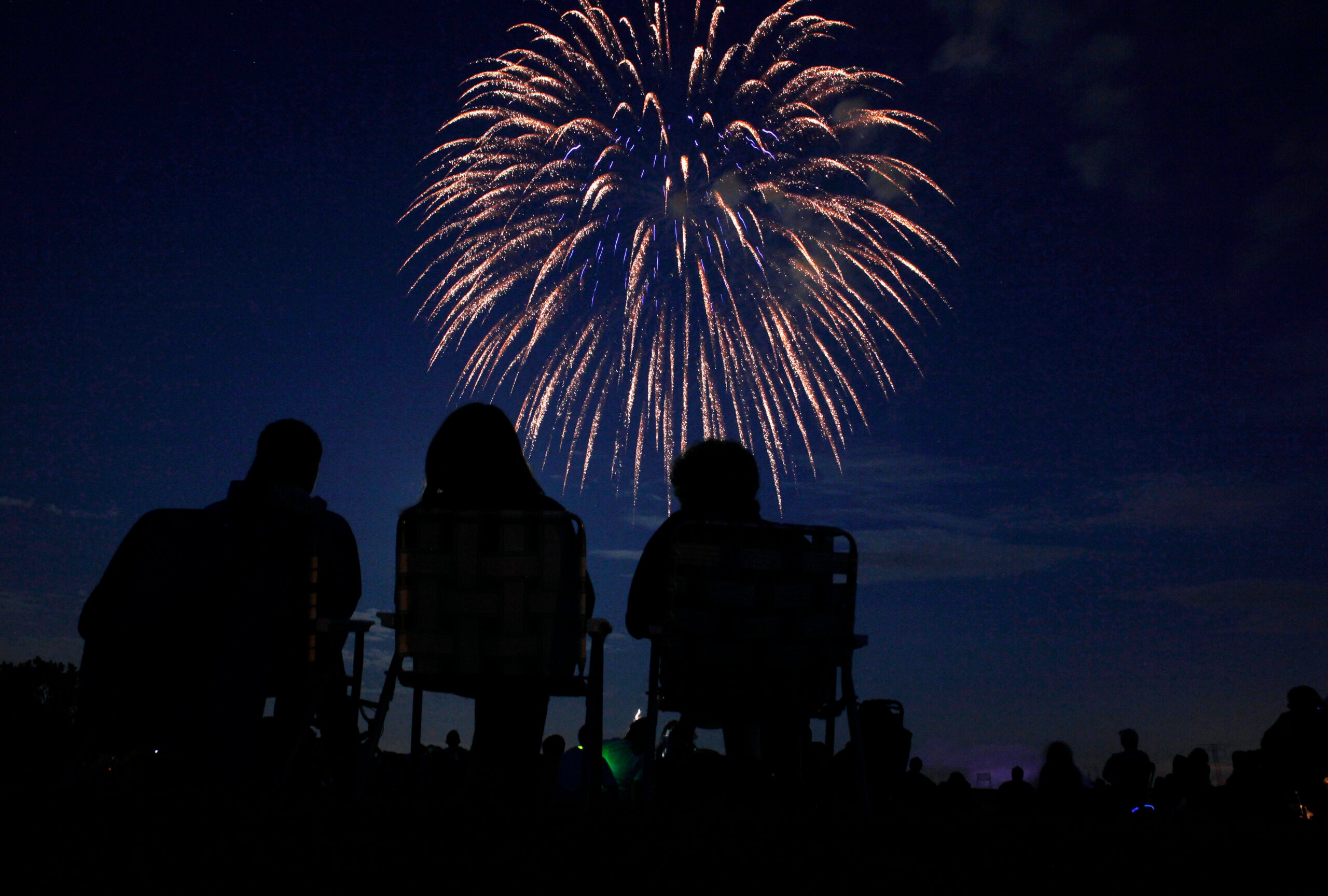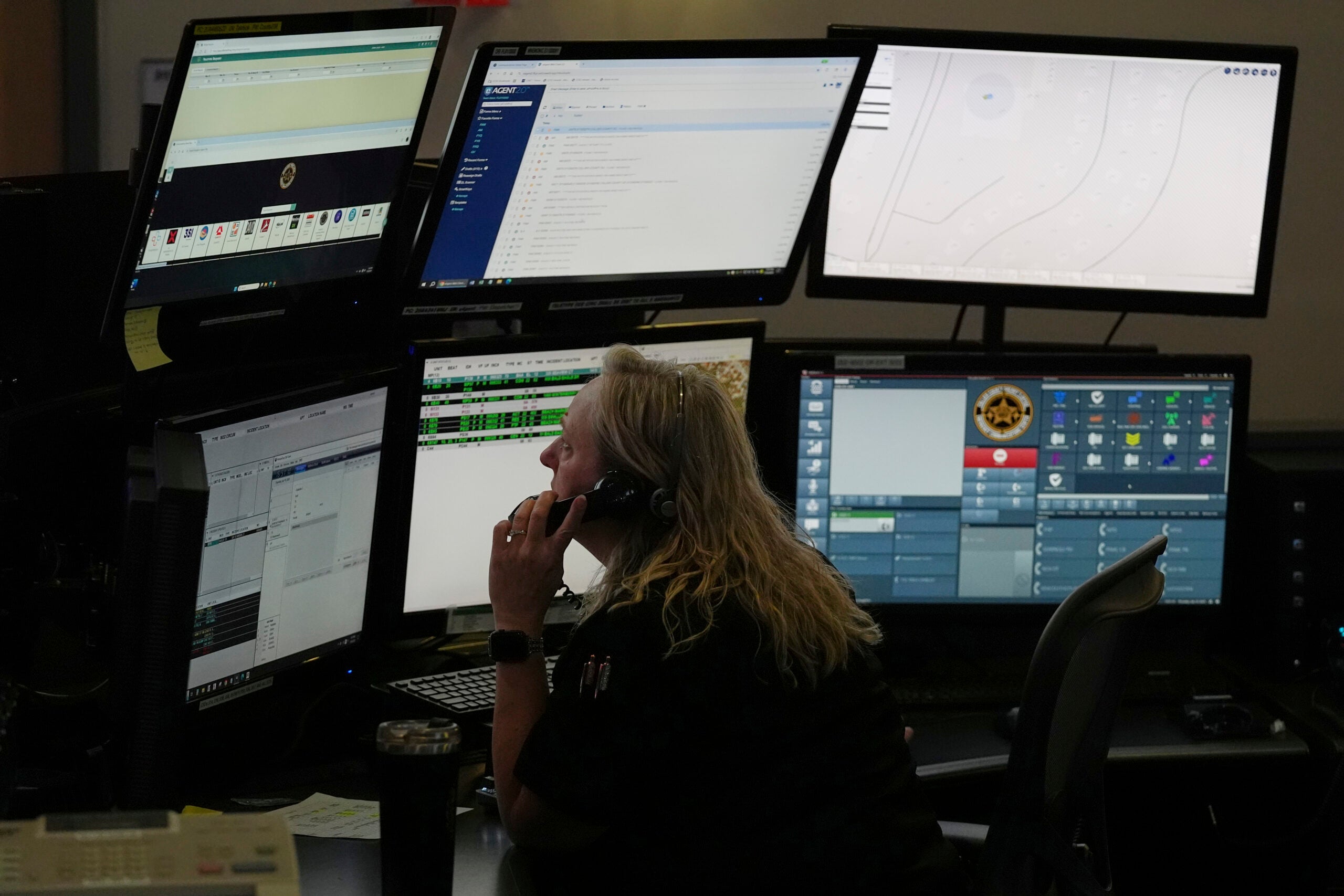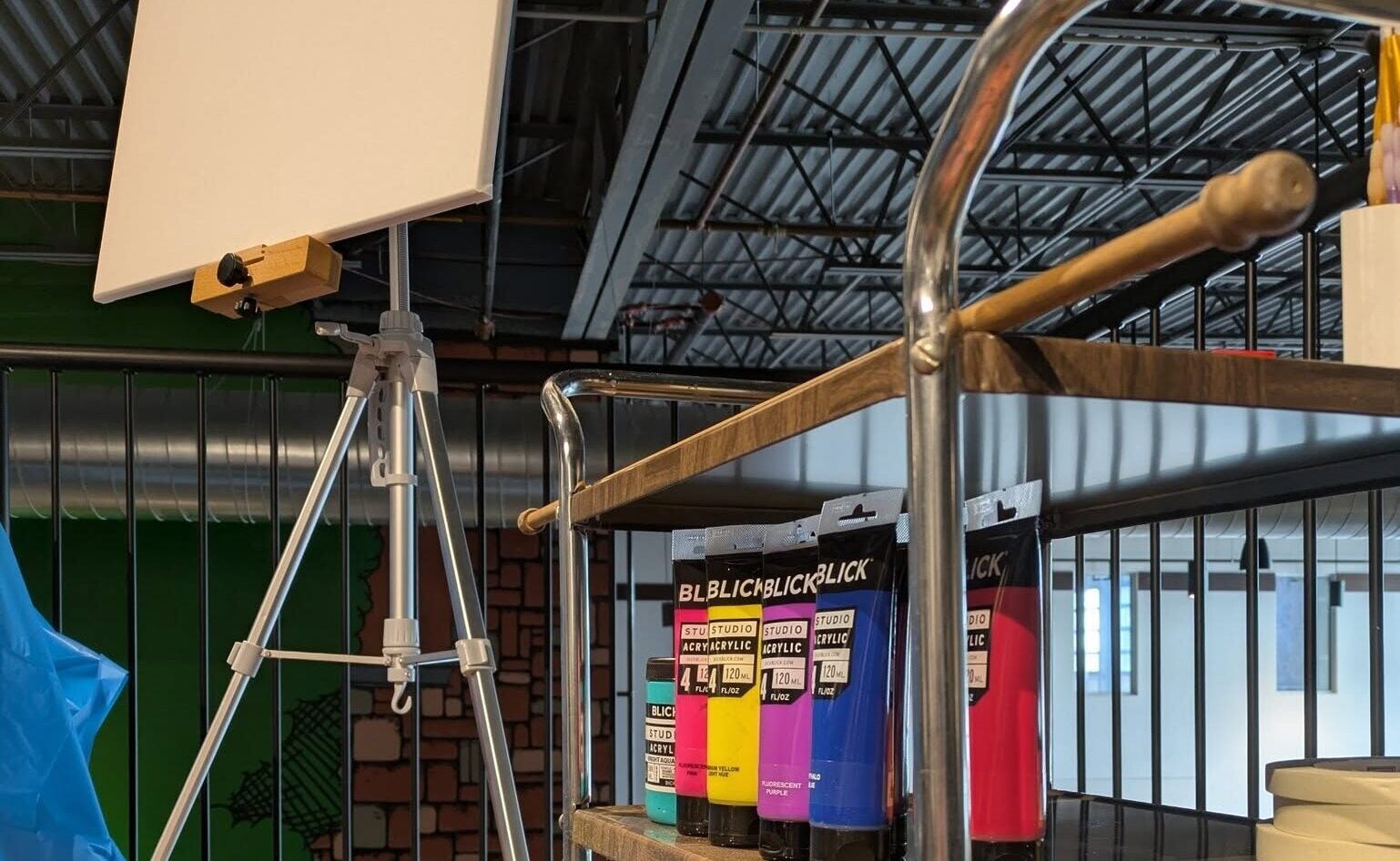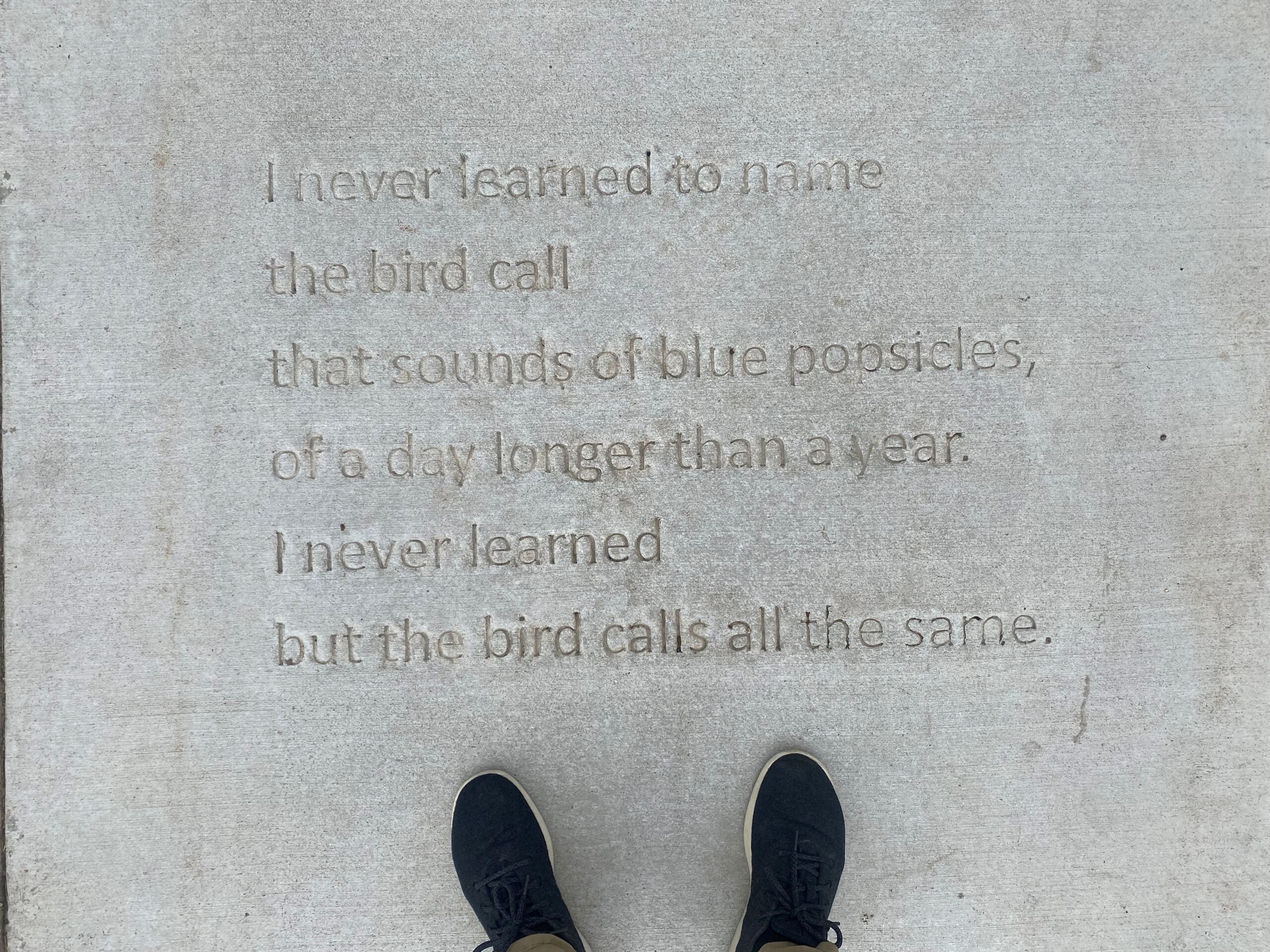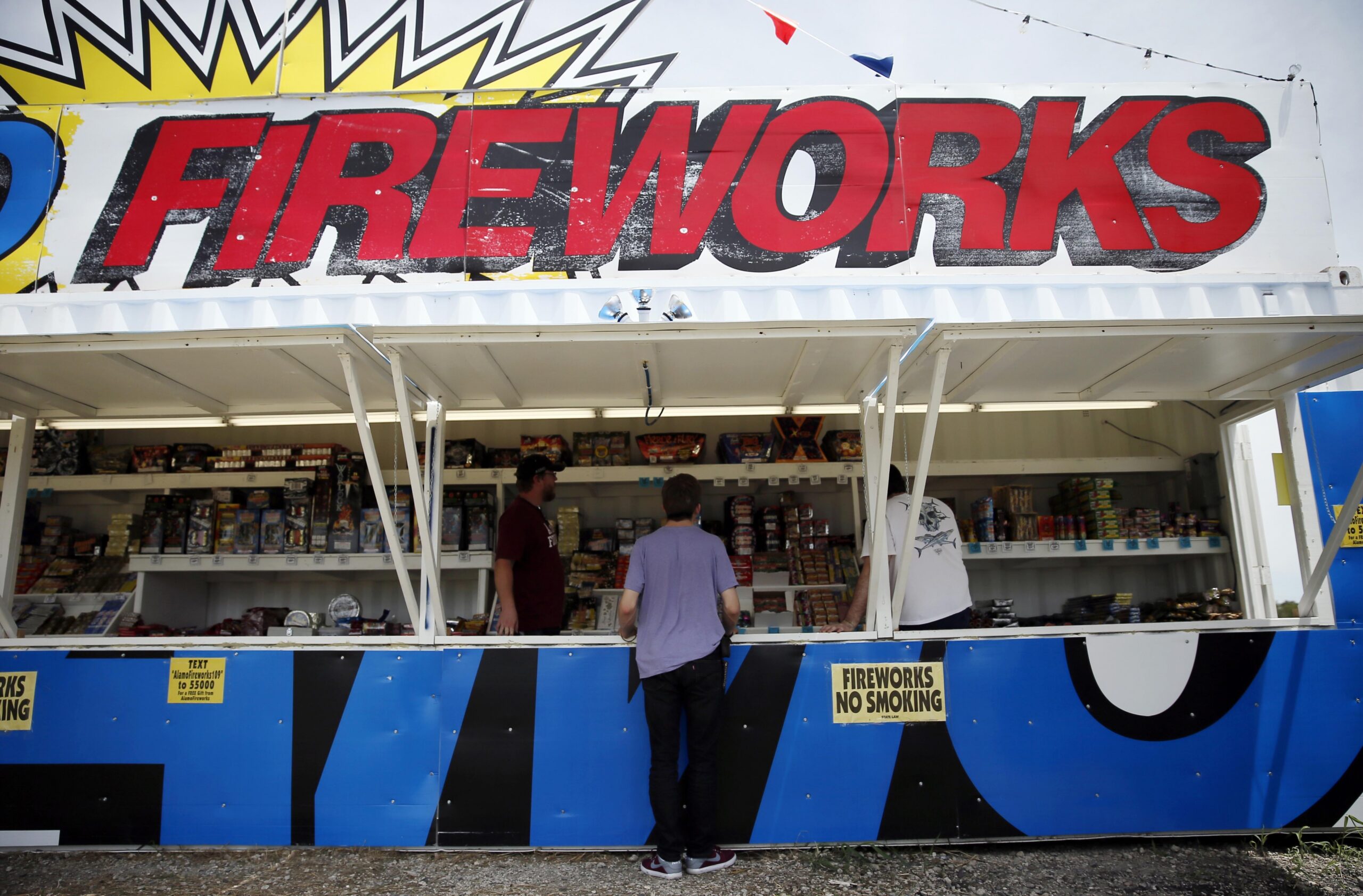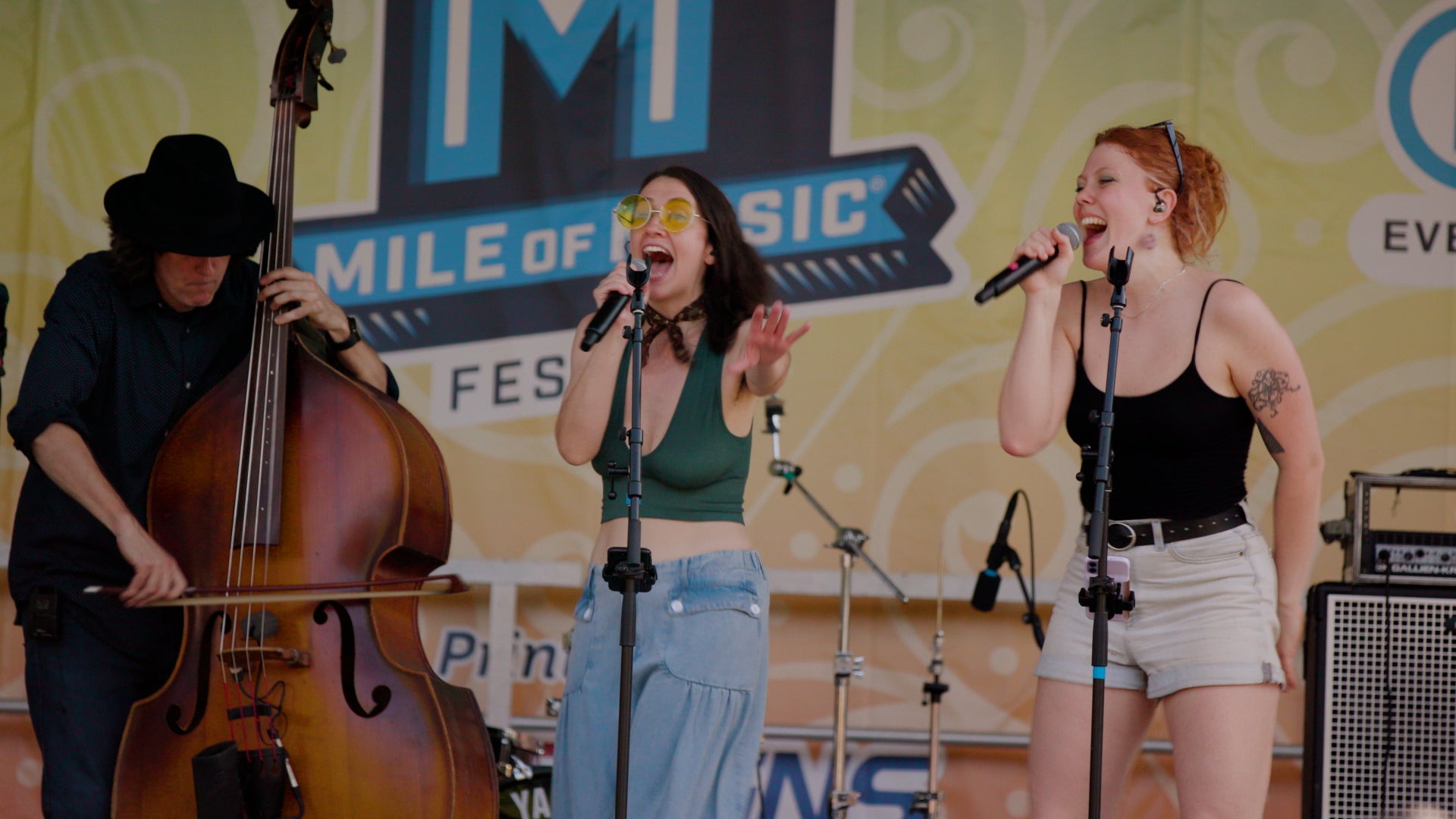It’s time to celebrate Independence Day, and for a lot of families in Wisconsin, that means heading to a local fireworks show.
While large-scale public fireworks displays are a popular holiday attraction, cities around the state are struggling to keep up with the rising costs of putting on Fourth of July festivities.
Milwaukee County Parks announced in May that they would be canceling their popular July 3rd fireworks show due to a “lack of sponsorship.” The fireworks regularly bring more than 100,000 people to Veterans Park and other viewing spots on the Lake Michigan shore.
News with a little more humanity
WPR’s “Wisconsin Today” newsletter keeps you connected to the state you love without feeling overwhelmed. No paywall. No agenda. No corporate filter.
And the Monona Community Festival, a volunteer-run nonprofit organization that puts on two days of events and a popular fireworks show for the Fourth of July, announced that this would be its final year hosting the festival due to rising costs and fewer volunteers.
“We’re just getting to the point of being burned out and not able to continue in the way that we would like the event to continue,” said Eric Redding, president of the Monona Community Festival. “Instead of seeing the slow decline of our event, we made the decision to declare this our last year and kind of go out with a bang.”
Redding told WPR’s “Wisconsin Today” that putting on the festival typically requires 20 or more volunteers. This year, they are down to seven people running the entire event.
Inflation is also part of the equation, according to Redding.
“Just like we see at the grocery store, the cost of everything is going up. Those inflationary pressures are hitting us,” he said. “It’s making it more and more expensive to hold the fireworks.”
The city of Appleton also had to scale back its Fourth of July festivities this year. While the celebration is typically an all-day event with food and drink vendors, family activities and live music, this year they are only doing a fireworks show.
The announcement came after the Appleton Area Jaycees, a local civic organization that has hosted the festival for years, told the city they could no longer put on the event due to rising costs and declining membership.
“Their vendors became more expensive — everything from renting porta-potties to the upfront costs of having food and beverage sales,” said Appleton Mayor Jake Woodford. “Also, city permits went up because the city’s costs have been increasing in terms of labor and material.”
The Appleton Jaycees are also struggling to find enough volunteers to support a project this big.
“Their membership has decreased, (as with) so many civic organizations, and they just didn’t have the people to put the event on and manage all of the details,” Woodford said.
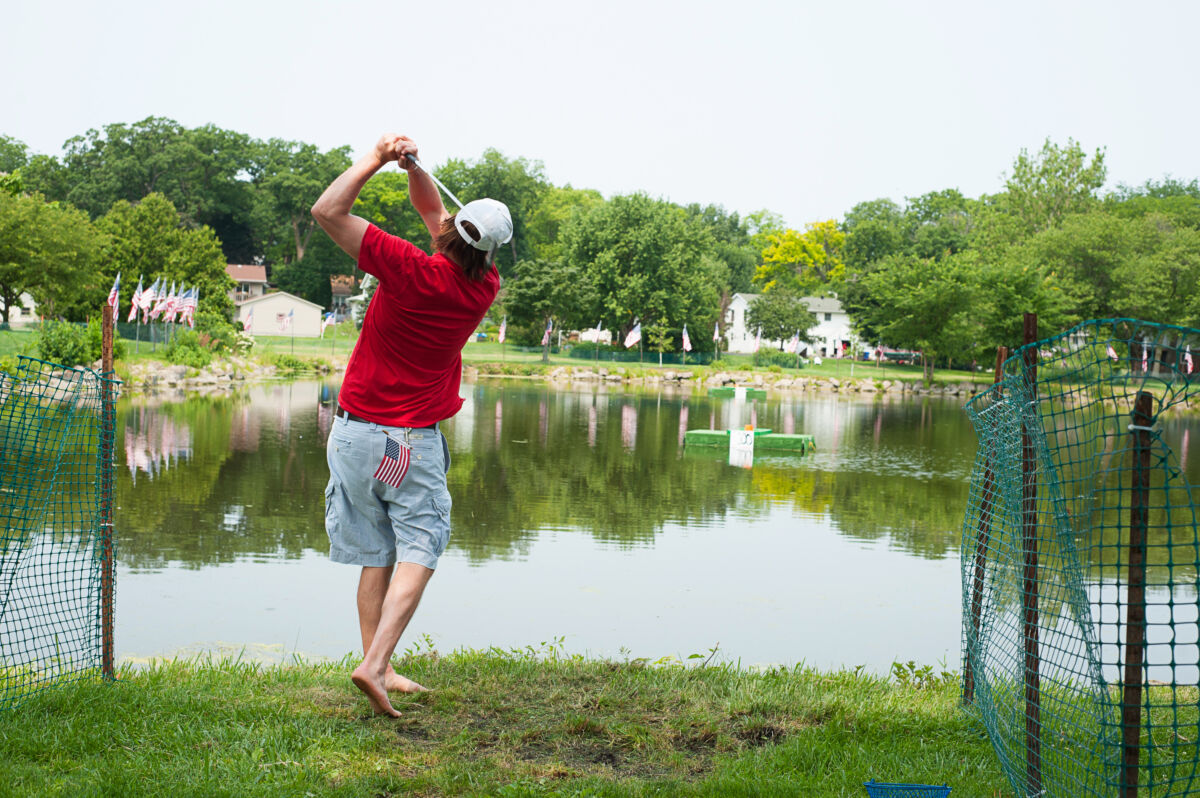
For both Monona and Appleton, the Fourth of July festivals are a long-standing community tradition.
Monona’s Fourth of July celebration started in the 1960s as “Monona Fun Days” held in a parking lot. Over the years, the community came together to build the organization that became the Monona Community Festival, which has been putting on the event since 1985. It now draws up to 30,000 people each year.
“We remember being the kid sitting out on the park lawn, watching the fireworks,” said Redding. “It’s something that we don’t want to see go away. We love this event. We love the community.”
He said there has been talk of reviving the event for 2025, but it will come down to finding enough sponsors and volunteers.
In Appleton, city officials are planning to reevaluate after this year’s fireworks-only event to see what might be possible for next year.
Mayor Woodford said bringing back the all-day activities would require finding another organizer willing and capable to take it on — which will take volunteer power.
“So many of the things that make life special in our communities are not the result of things that the local government is doing,” he said. “It’s the result of people getting involved and putting their time and energy and resources into the things that they are passionate about and care about. If these things are less important to people, over time, they will go away.”
Wisconsin Public Radio, © Copyright 2025, Board of Regents of the University of Wisconsin System and Wisconsin Educational Communications Board.

